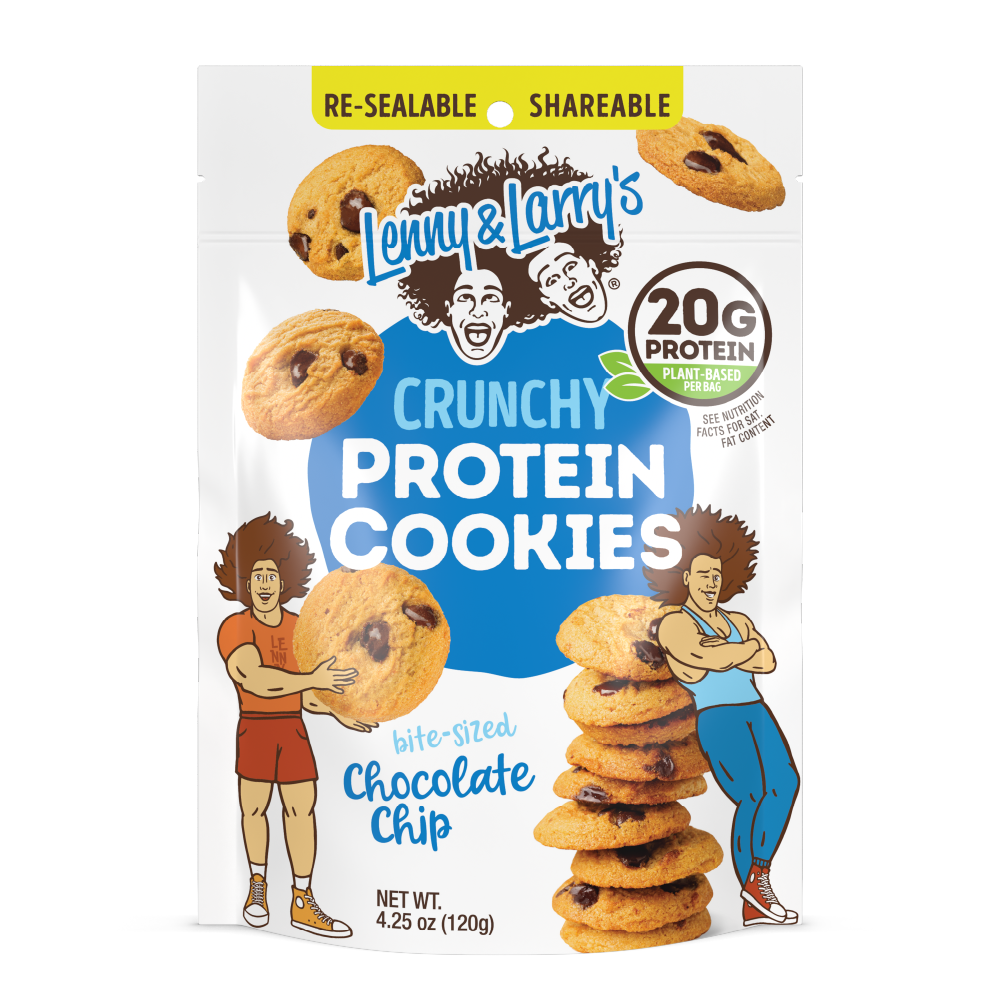Between long workdays, social commitments, and a few solid workouts each week, many women in their 20s and 30s forget one thing - vitamin balance. These micronutrients quietly support everything from energy metabolism and muscle repair to hormone and immune health. Even with a balanced diet, modern routines can leave gaps that affect how you feel and perform.
This guide breaks down the essential vitamins every active woman should know, explaining how much you need, why it matters, and where to get it naturally.
Before you begin - always consult your physician before beginning any exercise (or dietary) program(s). This general information is not intended to diagnose any medical condition or to replace your healthcare professional. Consult with your healthcare professional to design an appropriate exercise prescription (or dietary program) that's right for you.
Whether your goal is more energy, better recovery, or simply staying strong, here's how to make sure your vitamin intake keeps up with your lifestyle.
Baseline Profile for This Guide (Assumptions)
For context, these recommendations are designed around a female aged 20–40, with an average body composition and a moderate activity level (roughly 2–3 exercises/workouts per week). This person maintains a generally balanced diet, gets a mix of whole foods, and isn't following restrictive plans like keto or veganism.
The daily values and nutrient ranges are based on current data from the U.S. National Institutes of Health (NIH) Dietary Reference Intakes (DRIs) and the U.S. Department of Agriculture (USDA) Dietary Guidelines for Americans, 2025 edition.
These form the evidence-based foundation for understanding how much of each vitamin supports overall health, energy balance, and recovery for women within this demographic.
Recommended Daily Vitamin Intake for Active Women
Understanding your daily vitamin needs is one of the easiest ways to support consistent energy, recovery, and overall health. The table below outlines the recommended daily intakes for women aged 20–40, based on NIH and USDA standards. It highlights how much of each vitamin your body typically requires and notes where active lifestyles may slightly increase those needs.
| Vitamin | Recommended Daily Intake | Notes for Active Women (20–40 yrs) |
|---|---|---|
| Vitamin A (retinol + beta-carotene) | 700 µg RAE | Important for vision, skin, and immunity. Avoid excess supplementation. |
| Vitamin C (ascorbic acid) | 75 mg | Supports recovery and collagen health. Active women may benefit from 100–120 mg/day. |
| Vitamin D (D₂ or D₃) | 600 IU (15 µg) | Crucial for bone health and mood. Consider 800–1,000 IU/day if sun exposure is low. |
| Vitamin E (alpha-tocopherol) | 15 mg | Protects cells from oxidative stress. Found in nuts and plant oils. |
| Vitamin K (K₁ + K₂) | 90 µg | Supports bone and cardiovascular health. K₂ found in fermented foods and eggs. |
| Thiamin (B₁) | 1.1 mg | Converts carbohydrates into energy. Active women may need up to 1.3 mg. |
| Riboflavin (B₂) | 1.1 mg | Important for metabolism and red blood cell production. |
| Niacin (B₃) | 14 mg | Supports energy metabolism. Avoid megadoses (>35 mg). |
| Vitamin B₆ | 1.3 mg | Helps with protein metabolism and neurotransmitter balance. |
| Folate (B₉) | 400 µg DFE | Essential for red blood cell formation. Increase to 600 µg if pregnant or planning. |
| Vitamin B₁₂ | 2.4 µg | Critical for nerve and blood health. Vegetarians may require supplements. |
| Pantothenic Acid (B₅) | 5 mg | Supports energy metabolism and hormone synthesis. |
| Biotin (B₇) | 30 µg | Supports hair, skin, and nail health. Deficiency is rare. |
| Choline | 425 mg | Important for liver and brain health. Found in eggs and lean meats. |
| Vitamin K₂ (additional reference) | ~45–120 µg | Emerging evidence supports benefits for bone and vascular function. |
Additional Recommendations for Exercising Women (2–3× weekly)
- Vitamin D - deficiency is common among indoor exercisers; consider testing blood levels.
- B-complex - active women burn more energy and may need slightly higher B₁, B₂, B₆, and B₁₂.
- Vitamin C + E - supports recovery, but don't over-supplement (too much can blunt adaptation).
- Iron and Folate - check levels if fatigued or a vegetarian; they may be low in active women.
Consider These Micronutrients That Matter
| Mineral | Recommended Daily Intake | Why It Matters |
|---|---|---|
| Calcium | 1,000 mg | Supports bone density, muscle contraction, and nerve signaling. |
| Magnesium | 310–320 mg | Reduces cramps, aids recovery, and promotes better sleep quality. |
| Iron | 18 mg | Prevents fatigue by helping red blood cells deliver oxygen efficiently. |
| Zinc | 8 mg | Supports immune health, tissue repair, and metabolic balance. |
| Potassium | 2,600 mg | Maintains electrolyte balance and supports healthy heart rhythm. |
More Practical Tips
- Aim to meet most needs through food (varied diet = better absorption).
-
Supplements are helpful if:
- You limit animal products (B₁₂, iron, and choline may drop).
- You get little sun (increased risk of vitamin D deficiency).
- You train heavily or have restrictive eating patterns.
Staying Balanced Through Smart Vitamin Intake
Women in their 20s and 30s who stay active need steady support for muscle function, energy production, and long-term health. Meeting these nutrient goals through whole foods first (and supplements when needed) helps maintain strength, focus, and overall wellness. Even minor adjustments (such as adding more vitamin D or iron-rich foods), can make a measurable difference over time.
 Lenny and Larrys
Lenny and Larrys
